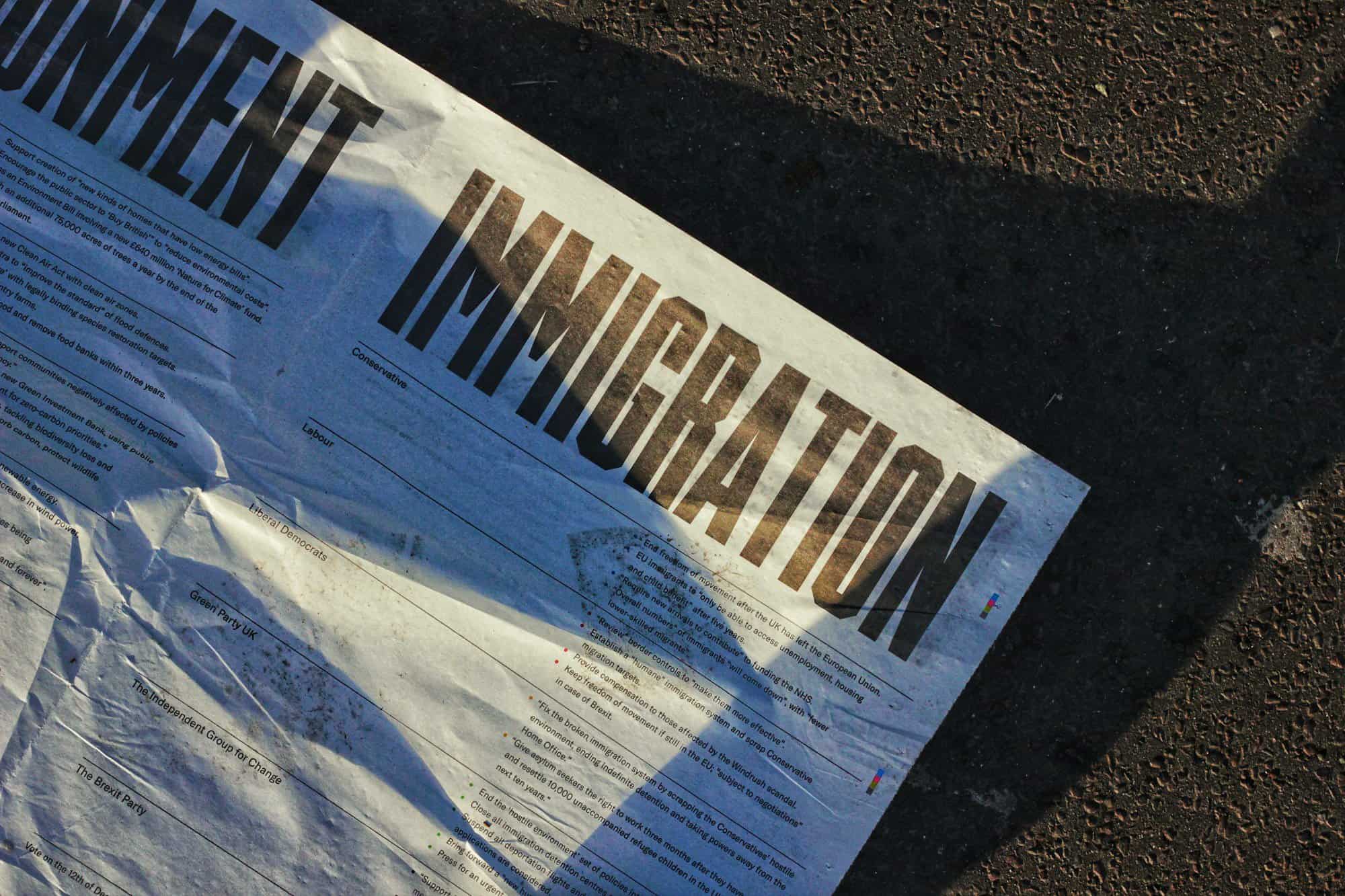The United States is a popular destination for nurses seeking professional growth, career opportunities, and competitive salaries. However, immigrating to the U.S. as a nurse involves navigating a complex legal process. This guide outlines the general steps in the immigration process for nurses. Please note, this information is for educational purposes only, and we strongly recommend consulting a qualified immigration attorney for personalized legal advice.
Step 1: Research Eligibility Requirements
Before starting the immigration process, nurses must determine whether they meet the eligibility criteria. The core requirements typically include:
- Nursing qualifications: A nursing diploma, associate’s degree, or bachelor’s degree.
- Licensure: A valid nursing license in your home country.
- English proficiency: Nurses are usually required to demonstrate language proficiency through tests such as the TOEFL, IELTS, or TOEIC.
- Required certifications: Passing the CGFNS Qualifying Exam or obtaining a VisaScreen certificate is often mandatory. We’ll explain these certifications in more detail later.
Familiarizing yourself with these requirements early will help ensure you are well-prepared for the immigration process.
Step 2: Secure a Nursing Job Offer from a U.S. Employer
One of the first crucial steps of the immigration process is finding an employer willing to sponsor your visa. Many hospitals, healthcare facilities, and staffing agencies in the U.S. actively recruit international nurses due to the high demand for healthcare professionals.
- Application process: Begin applying for nursing jobs through online portals, recruitment agencies, or professional networks. Highlight your credentials and experience in your resume.
- Employer sponsorship: Once you receive a job offer, your U.S. employer will initiate the process to sponsor your visa. This step is essential for moving forward in your immigration journey.
Step 3: Pass the NCLEX-RN Exam
To work as a registered nurse in the U.S., you must pass the National Council Licensure Examination for Registered Nurses (NCLEX-RN). This exam assesses your knowledge and skills necessary to practice nursing safely and effectively in the U.S.
- Eligibility: Prior to scheduling the exam, you must apply to the Board of Nursing (BON) in your desired state. Each state has its own requirements, so check the specific BON guidelines.
- Preparation: Use preparation materials, including practice exams, study guides, and review courses, to help you succeed on the NCLEX-RN.
- Exam process: Schedule your NCLEX-RN exam through Pearson VUE. Upon passing, you will be eligible to apply for state licensure.
Step 4: Obtain Credential Verification
U.S. immigration authorities require nurse applicants to verify their educational and professional credentials to ensure they meet domestic healthcare standards. The two primary organizations for credential evaluations are:
- CGFNS International: Many states and employers require certification through the Commission on Graduates of Foreign Nursing Schools (CGFNS). This process includes a credential evaluation, an English proficiency exam, and the CGFNS Qualifying Exam.
- VisaScreen Certificate: A VisaScreen certificate is a mandatory requirement for most employment-based immigrant visas. Credential verification through VisaScreen involves submitting transcripts, licensure documents, and proof of English proficiency.
Step 5: Navigating the U.S. Visa Process
Immigration to the U.S. as a nurse typically requires an employment-based visa. The most commonly used visa categories for healthcare professionals are:
1. Employment-Based Green Card (EB-3 Visa):
The EB-3 visa is a permanent resident visa designed for “skilled workers,” including registered nurses. This visa requires employer sponsorship and an approved labor certification.
- Labor Certification: Your employer will file a labor certification (Form ETA-9089) through the Department of Labor (DOL) to prove there is a shortage of qualified workers domestically to fill the role you’re applying for.
- Form I-140 Petition: After the labor certification is approved, your employer files Form I-140, the Immigrant Petition for Alien Worker, with U.S. Citizenship and Immigration Services (USCIS).
2. H-1B Visa:
While less common for nurses, some specialized nursing roles may qualify for an H-1B visa. This visa is for positions requiring a bachelor’s degree or higher, such as nurse practitioners or nursing administrators.
- Eligibility: You must meet the education requirements and have job sponsorship for an H-1B visa.
Step 6: Complete the Visa Application Process
Once your employer files the necessary paperwork (e.g., Form I-140 for EB-3 applicants), you will need to continue the visa application process through the following steps:
- Visa processing: After USCIS approves the petition, the National Visa Center (NVC) will contact you to submit additional forms and supporting documents.
- Medical examination: Applicants must undergo a medical examination with a USCIS-approved physician.
- Visa interview: Attend an interview at your local U.S. embassy or consulate. Be prepared to answer questions about your qualifications, experience, and intentions in the U.S.
- Visa issuance: Upon approval, your visa will be issued, allowing you to enter the U.S. to work as a nurse.
Step 7: Relocate and Begin Working in the U.S.
After receiving your visa, you are ready to move to the U.S. Keep the following in mind as you make your transition:
- State licensure requirements: Some states may have additional licensure requirements beyond the NCLEX-RN. Be sure to comply with these regulations to begin practicing legally.
- Cultural adaptation: Adjusting to life in a new country takes time. Seek out resources and support groups to ease the transition.
- Employment onboarding: Once in the U.S., your employer will assist you with settling into your new role and workplace.
Final Thoughts
Immigrating to the U.S. as a nurse is a rewarding process but requires careful attention to legal and procedural details. Each step—securing a job offer, passing the NCLEX-RN, verifying your credentials, and navigating the visa process—plays a vital role in achieving your goal.
As immigration laws and policies are subject to change, it is important to work with an experienced immigration attorney or legal professional who can guide you through the process and ensure compliance with all regulations.
Good luck on your journey to pursuing nursing opportunities in the United States!
Disclaimer: This article is for educational purposes only and does not constitute legal advice. Readers are encouraged to consult a licensed immigration attorney for personalized guidance.







0 Comments